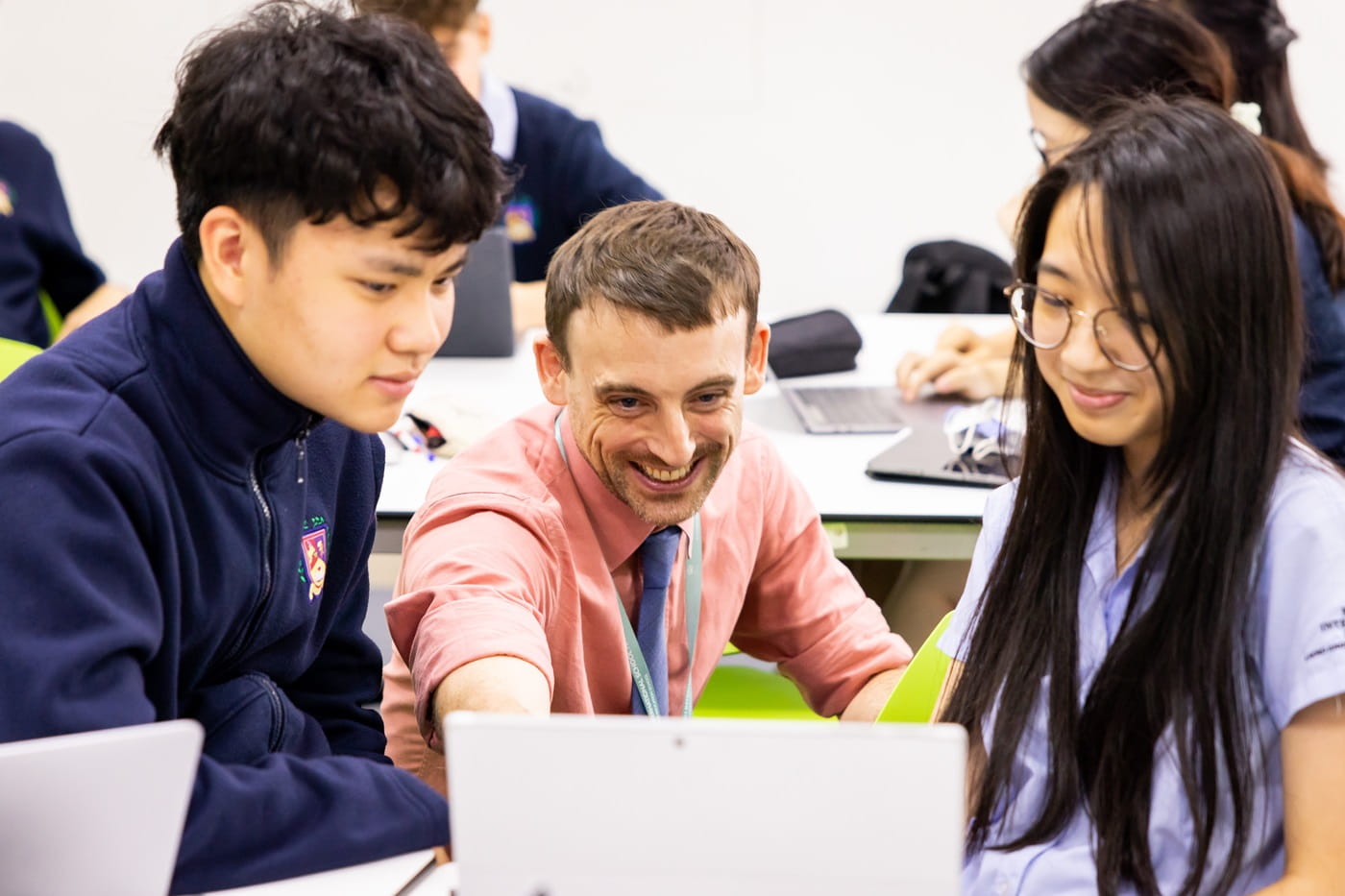Why students should make a good night's sleep a priority
It can be challenging for the students but maintaining a good sleep habit allows them to focus on their studies while also balancing their physical and mental health.
In these high-pressured modern times, getting enough sleep is a serious issue across the world. This has been a major issue for our students, particularly, in the Sixth Form.
As the Head of Sixth Form, I frequently speak to students who are struggling with their organisation, meeting deadlines, or motivation to learn, and I realised that they have one thing in common: poor sleeping habits. Many of them work or play online until very late at night or early in the morning. A large number of them get as little as 3 or 4 hours of sleep per night, and some get even fewer. Medical science has established that teenagers require at least 8 hours of sleep per night. Anything less puts them at risk of developing emotional, mental, or other health issues, as well as negatively impact on their academic progress.
The effects of sleep deprivation on students
In a study of two groups, one that slept eight hours and another who did not, the difference in their learning grades was 40%. According to Williamson and Feyer's research, people who get six or fewer hours of sleep per night have the same cognitive impairment as someone who is drunk. Furthermore, one sleepless night of four hours or less has the same effect as two weeks of less than six hours of sleep.
This shows that even a few sleepless nights can have a significant impact. That’s why students who email us with work updates at 1 am, 2 am, and 4 am are seriously limiting their potential to succeed.
Common causes of sleep deprivation amongst Sixth Form students
Many students complained that they don't get enough sleep because they are constantly studying for IB Diploma work. However, while the IB programme is designed to be a rigorous programme of study, and it is extremely challenging, the workload should be manageable if students are able to manage their time well.
At BIS Hanoi, we make every effort to teach all students different planning strategies and tools so that they can allocate their time effectively to complete various tasks required by the IB Diploma. One key strategy is forward planning, as there are multiple deadlines for important coursework across the programme, and these deadlines may coincide at several times in the year. Because of the nature of the diploma, this is unavoidable, but students can avoid work backlogs if they plan ahead using their assessment calendar.
Another cause of sleep deprivation mentioned by our students is homework. We do, however, have a dedicated, caring, and understanding faculty of teachers and tutors, as well as a large support network of staff to support students who are struggling with weekly workloads. Students are encouraged to communicate to their teachers if they are falling behind on their homework, and to see if there is any flexibility in the deadlines for this, rather than working all night and risking their next day's study. The worst-case scenario for students who miss a homework deadline is a detention – which may sound bad for many of our conscientious students but is much better than missing a night's sleep.
On the other hand, time pressures can arise from sources other than school. A lot of students have several hours of extra lessons outside of school hours, which means they have to push their IB schoolwork later and later. Lessons for SAT preparation are helpful, but parents and students should check to see if SATs are even required for the universities they are considering. Korean Academy lessons may also add extra workload. IELTS lessons should not be taken by any IB student who is getting more than enough training in spoken and written English from their IB classes to prepare them for the IELTS exam. It is very important that families look closely at the additional pressures that the students’ time is placed under, and prioritise their health, happiness, and schoolwork. After all, university acceptances will be decided on their IB results over any other qualifications.
Bedtime use of technology also puts young adults’ sleep quality at risk. Many of our students admitted to playing games online, using social media, and watching videos on TikTok or Netflix late at night or even till the next morning. Using smartphones and other electronic devices is dangerous on its own, but when it deprives a young person of their sleep, it becomes a serious health issue.
What can parents do to support their child in developing healthy sleep habits?
We have worked hard to try to educate our Sixth Form students on the importance of sleep. It is important for the school and parents to work together on these issues and help support our young people. It can be challenging for the students due to the nature of their workload in the IB programme but maintaining a good sleep habit allows them to focus on their studies while also balancing their physical and mental health.
Parents should open a conversation with them about their sleep habits, look into where their gaming or social media devices are kept after bedtime, and encourage them to keep a sleep diary (the school have provided them with one!) For students who have trouble falling asleep because you are anxious about work, deadlines, or other issues, keep a notepad and pencil by your bed and write down your worries so you can be sure you won't forget them and can get back to work on these challenges fresh and alert the next day.





